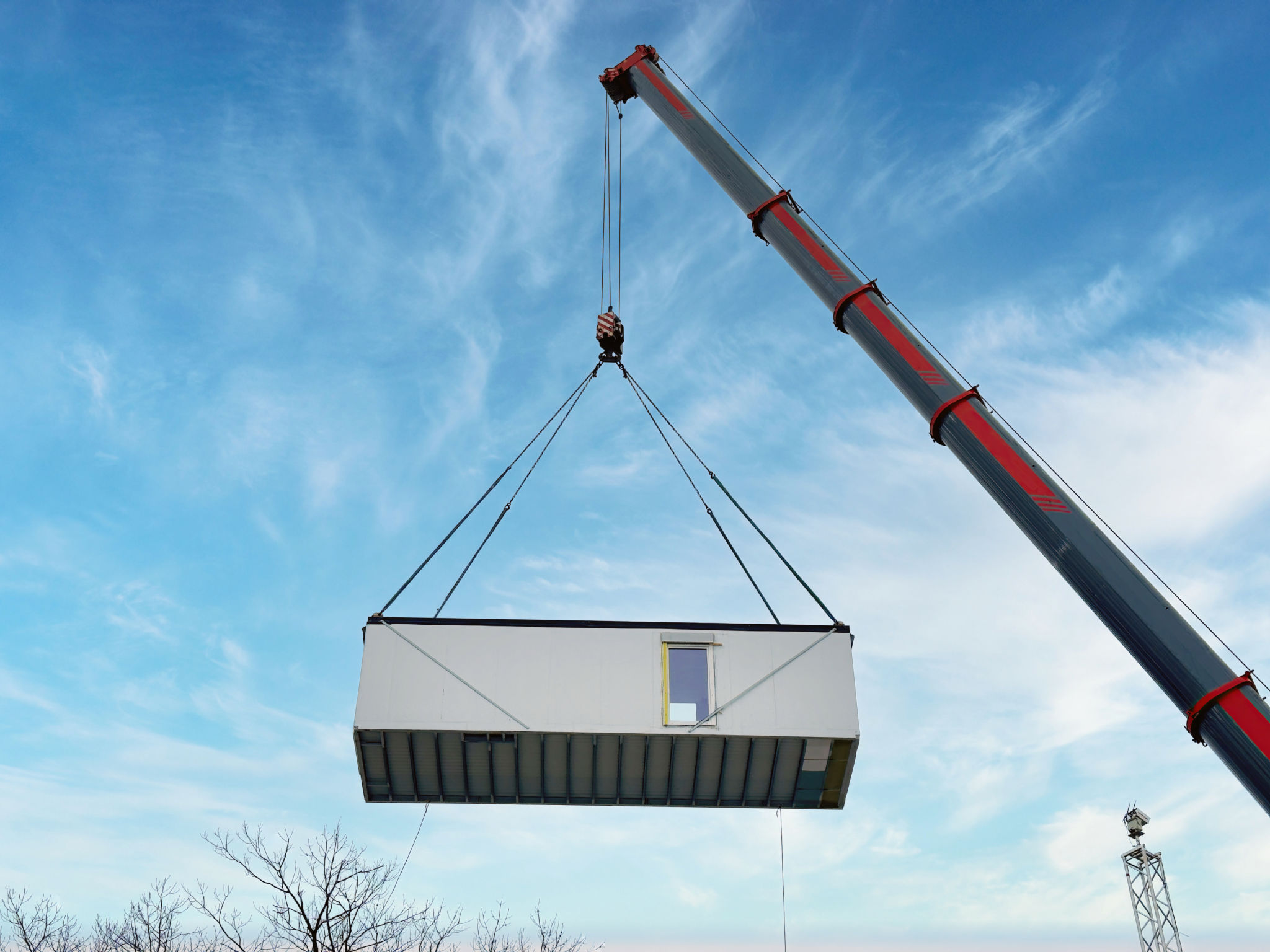The Benefits of Sustainable Modular Homes in Île-de-France
Introduction to Sustainable Modular Homes
The concept of sustainable modular homes is rapidly gaining traction in Île-de-France, offering a modern solution to the region's housing challenges. These homes are not only environmentally friendly but also provide a cost-effective and efficient alternative to traditional construction methods. As more residents seek eco-conscious living options, modular homes present a unique opportunity to embrace sustainability in an urban setting.

Environmental Benefits
Sustainable modular homes are designed with a focus on reducing environmental impact. By utilizing eco-friendly materials and energy-efficient technologies, these homes minimize the carbon footprint associated with conventional construction. The use of recycled materials and low-waste production processes further enhances their environmental benefits.
In addition, modular homes often incorporate renewable energy sources such as solar panels and rainwater harvesting systems, which significantly reduce reliance on non-renewable resources. This commitment to sustainability helps preserve the natural beauty of Île-de-France while promoting a greener future.
Cost-Effectiveness and Efficiency
One of the most attractive aspects of modular homes is their cost-effectiveness. The factory-based manufacturing process ensures consistency and reduces waste, leading to lower overall construction costs. Moreover, the speed of construction is a significant advantage, with modular homes often completed in a fraction of the time required for traditional builds.

This efficiency translates to reduced labor costs and faster occupancy, making modular homes an appealing choice for both developers and prospective homeowners in Île-de-France. The ability to control costs without sacrificing quality is a key factor driving the popularity of these homes.
Design Flexibility
Modular homes offer remarkable design flexibility, allowing homeowners to customize layouts and finishes according to their preferences. This adaptability is particularly beneficial in urban areas like Île-de-France, where space can be limited. Modular homes can be tailored to fit specific lot sizes and architectural styles, ensuring harmony with the surrounding environment.
The modular approach also allows for easy expansion or modification, accommodating changing family needs or technological advancements. This adaptability makes modular homes a sustainable choice for the long term.

Community Impact
The rise of sustainable modular homes in Île-de-France is not just about individual benefits; it also has a positive impact on local communities. The reduced construction time and minimized disturbance contribute to a more pleasant urban environment. Additionally, by supporting local manufacturers and suppliers, the adoption of modular homes can stimulate regional economic growth.
Community planners are recognizing the potential of modular housing developments to address affordable housing shortages while maintaining high standards of quality and sustainability. This holistic approach helps create vibrant, sustainable communities throughout Île-de-France.
Conclusion
Sustainable modular homes represent a forward-thinking solution for the housing needs of Île-de-France. By combining environmental responsibility with economic efficiency and design flexibility, these homes are paving the way for a more sustainable future. As demand continues to grow, modular homes are set to play an increasingly important role in shaping the residential landscape of the region.